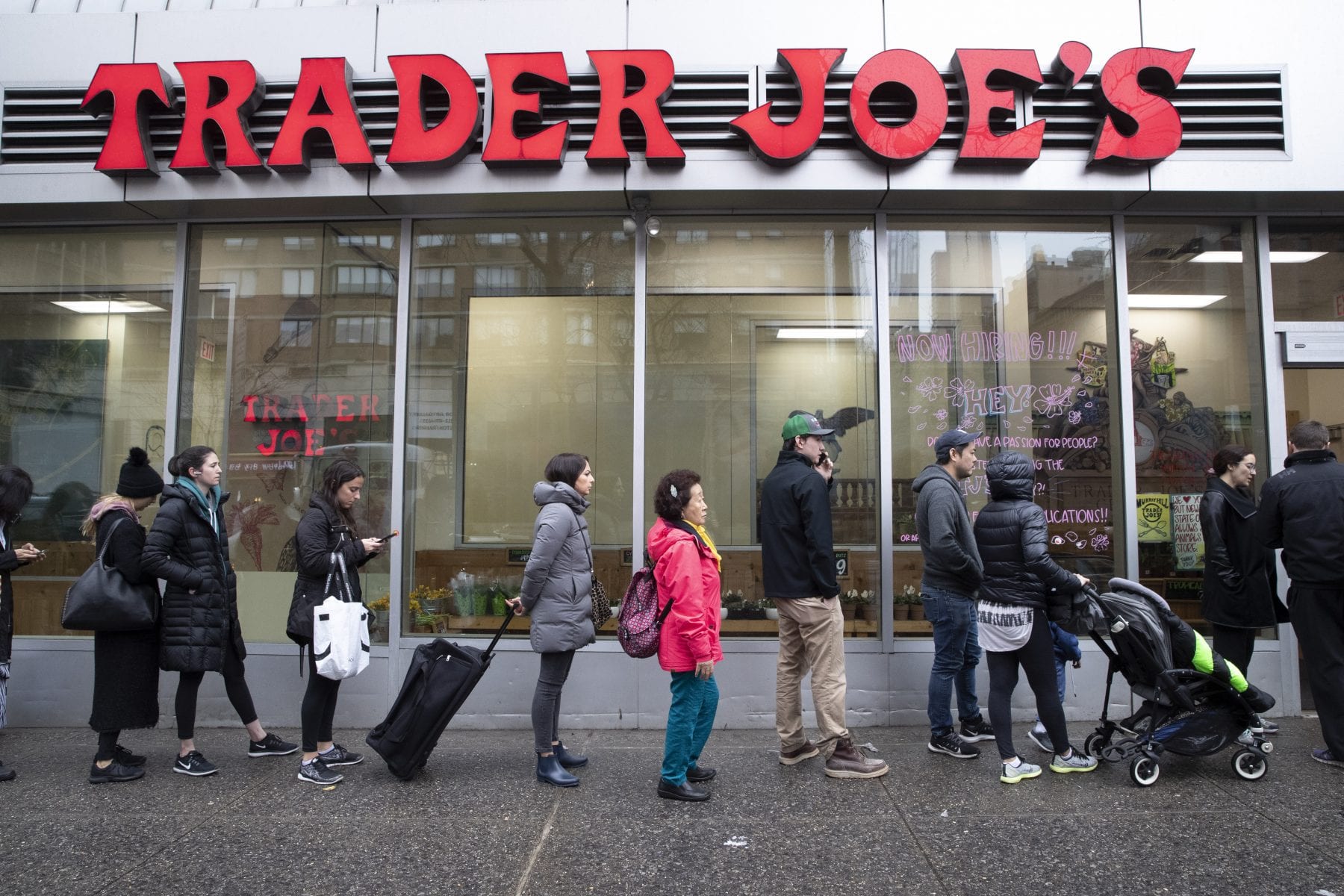And we thought we needed grocery carts wiped down to protect ourselves from other customers – actually it’s the store employees who might pose more of a risk.
A recent Harvard University study, published in the journal Occupational and Environmental Medicine, showed that 21 of 104 grocery workers tested positive for coronavirus at a Boston grocery store, an infection rate of approximately 20%. Workers with direct customer contact were five times as likely to contract the virus. A similar study in China showed a 9.2% infection rate among grocery workers there.
Trader Joe’s turned transparent with its statistics of employee cases in an apparent effort to quell shopping safety fears. The grocery chain, which has 514 stores nationwide, announced that 2.4% of its workforce had tested positive from March 1 to Oct. 31. It said 95% of those workers have quarantined and returned to work.
“We believe that the results in virtually all areas are below the average rates of positive cases in each community where we have stores,” Trader Joe’s said in a statement, contrasting the Harvard study in which results were “significantly higher than the surrounding communities.”
Trader Joe’s cited two employee deaths in relation to coronavirus.
Grocery workers were deemed essential in the spring as the pandemic grew and citizens began quarantining at home and dining out less. Keeping food and other important supplies stocked was imperative for customers who were no longer dining out or visiting other stores.
An Axonify study found in September that two-thirds of grocery store staff felt safe because of adjustments in their workplaces.
As another toilet paper supply issue is expected to hit, grocery store workers who do not feel safe might feel that way because of the hoarders.


















Add comment